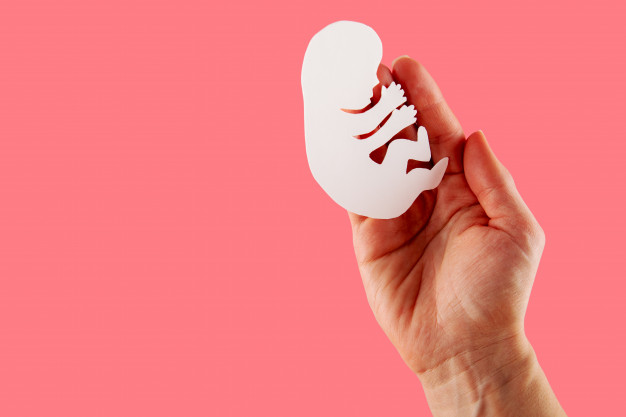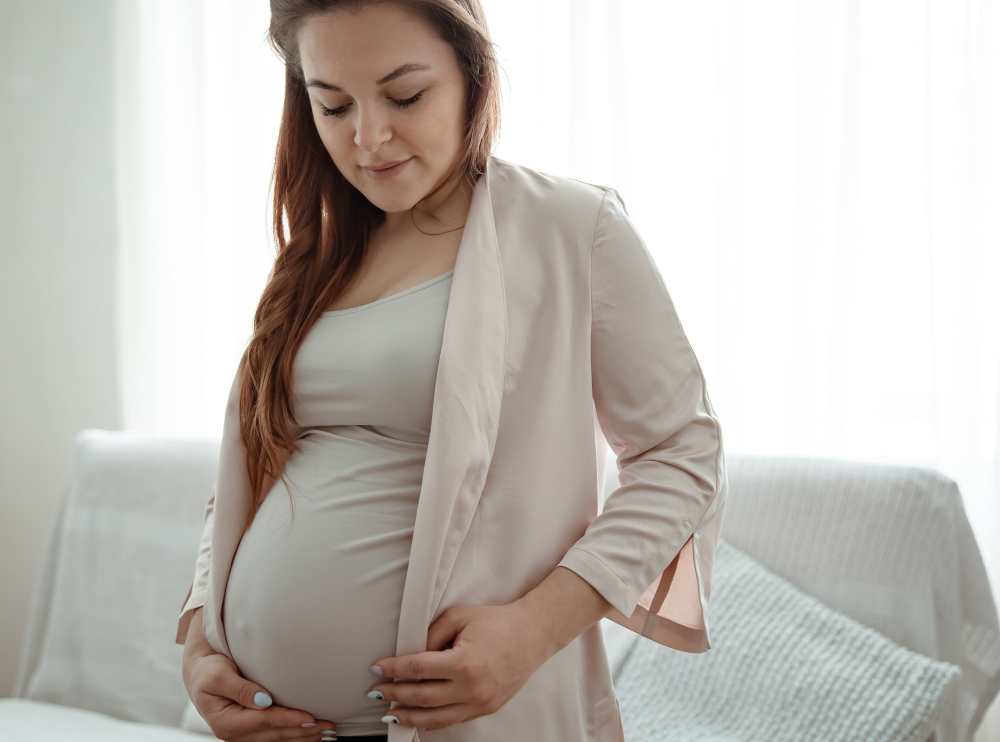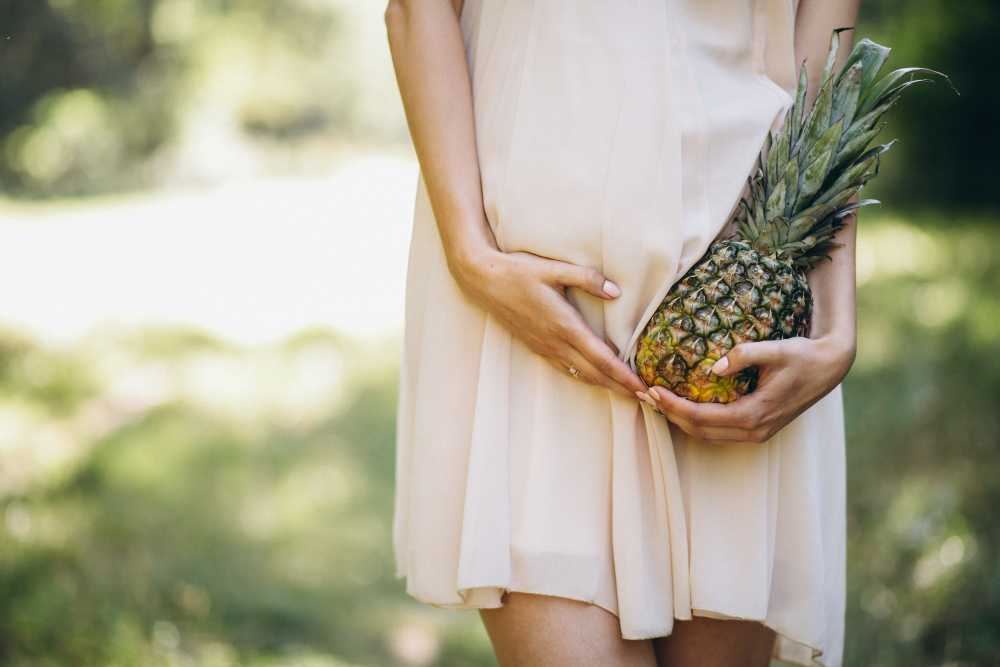Pregnancy Stress and fatigue are common annoyances, especially during your first and third trimesters. However, it is normal to feel like you have the heaviest weight to carry, especially in the first trimester. It can often make you feel tired almost throughout your day, and you may end up wondering what you can do to bring back all the lost energy!
Well, if you are in the same place, we entirely get your concerns. Here are some safe ways to rejuvenate yourself and boost your energy!
Stay hydrated
Not to mention, dehydration is something that should not occur at any stage of pregnancy. It drains all the energy and impairs physical performance making it harder for you to feel energized. Proper hydration is essential anyway, but consuming healthy fluids and Energy Foods & Drinks During Pregnancy is even more precious. Drinking lots of nutritious fluids during pregnancy offers great health benefits such as the reduced risk of urinary tract infections, soft skin, and eased constipation.
To list down, you can go with various pregnancy-safe energy drinks that boost energy and keep you away from any health fatalities during pregnancy.
Also Read: 7 Things partners can do in the labor room to support
Take sufficient sleep, basically as much as and when you want!
Do you love sleeping? If yes, here is good news for you. Do not think twice before giving in to your desire to sleep as much as you feel like. If you are in the early stages of your pregnancy and feel like you’d need a few more hours of sleep, relax because it is pretty natural for pregnant women to feel this way. If you feel like something is stressing you out physically, make sure to take enough rest as it maximizes blood flow to the uterus and helps your baby stay healthy!
Go for easy-to-digest and energizing food.
During pregnancy, it is essential to have a healthy diet. You can eat smaller and more frequent meals that consist of food that is easy to digest for a start. Experts say that three-set meals combined have a good effect on your psychological and energy levels, helping you to avoid fluctuating blood sugar levels that can bring down your energy levels.
During pregnancy, the size of the stomach also gets compressed when the baby pushes on it. Therefore, it is better to go for three to four small snacks a day or have energy foods & drinks during a pregnancy instead of trying with the bigger meals.
Consume plant-based proteins
You might be feeling those food and mood swings, but that doesn’t mean you should compromise on your intake of sufficient nutrition. When it comes to energy, what else can be better than protein?
If that is the case, plant-based options can be the best choice as it doesn’t smell foul even if you are sick to your stomach. It can be the best natural pregnancy energy booster you can consider. You can also go for other options such as peanut butter, avocado, or hummus for a protein-rich diet and great energy busters!
Also Read: 20 Books that you should read while you are pregnant
Do light exercises regularly.
While it may sound inappropriate to ask for exercising daily during pregnancy, it is beneficial for the mother. Perform aerobic exercises such as light and brisk walking is essential for feeling energized early pregnancy and stimulating mood. So, even if it is for a few minutes, commit to daily exercise even when you feel slightly tired. It will help you to get a night of better sleep and make you feel rejuvenated throughout your day!
Limit your caffeine consumption
Research has proven that consuming moderate caffeine, typically less than 200 milligrams per day, does not contribute to pregnancy issues such as miscarriage or preterm birth. Despite this, doctors do not recommend regularly consuming caffeinated beverages if you are pregnant with no energy second trimester of your pregnancy.
So, if you are a coffee lover who cannot stay away from it for even a single day, it’s time for you to put a limit on it. Consuming caffeinated beverages during pregnancy uses any natural stimulants as they might adversely affect your sleep or moods.
Also Read: 5 Foods that You Should Avoid During Pregnancy
Sit back and relax!
Pregnancy can be challenging if you and your body are not happy with each other. A lot goes in your body. You produce blood, your heart rate is up, and you consume more water and nutrients than usual. There are a plethora of emotions flowing through your mind, which can make you feel overwhelmed. Whenever you think this, just grab your opportunity to sit back and relax so that you can enjoy the beginning of motherhood in its true essence.
However, if you experience consistent fatigue or stress during your pregnancy, speak with your doctor. He or she will keep a check if you are developing any health problems.

Freezing Embryos: A Lot Of People Are Turning For This Option
Aging makes conceiving difficult, adding to that the biological clock slows down and reproductive issues like infertility and Polycystic Ovary Syndrome/Disorder (PCOS) make pregnancy more tough, expensive, and painful. Freezing embryos or eggs is in a way stopping your biological clock; it involves freezing healthy eggs at a younger age for the future.

Freezing embryos or oocyte cryopreservation is a process in which women are given hormone injections to stimulate their ovaries which results in the production of multiple eggs, then these eggs are recovered from the ovary and quickly frozen and stored in a storage cell containing liquid hydrogen for a future date. Many women choose to donate their eggs, these eggs help in assisted reproduction; this process is known as frozen embryo transfer (FET). In FET, the frozen embryos from either the last or fresh IVF or the donated egg are thawed and transferred into the woman’s uterus.
Suggested Articles: Announcing Pregnancy: These Are The 15 Best Ways To Do That
Why do people freeze embryos?
IVF or In Vitro Fertilization can be taxing not only emotionally and physically but financially as well. Many couples want many children and freeze the embryos to plan a family in the future. This helps them avoid the whole process of IVF again.
Many women freeze their embryos as they do not see themselves having children anytime soon; it may be due to their career decisions or their relationship status. And they worry about their declining reproductive health as they age, freezing their embryos enables them to use them in the future and have increased chances of conceiving. They hope to have more than one child and welcome the chance to freeze embryos for future use.
Other than that, many women freeze their eggs before going into chemotherapy, as a cancer treatment is toxic for the ovaries and menopause is one of the side-effects of the treatment. There are many other medical reasons that women chose to have their eggs frozen.
What is the correct age to freeze eggs?
The ideal age to freeze embryos in the late 20s or the early 30s as they are the most reproductive years. The nature and number of eggs that are harvested influence the success rate. As age increases, there is a decline in embryo fertility and often more chromosome anomalies. And not all eggs can be successfully frozen and thawed, some of them get damaged during the process. But the average age of women freezing eggs is 36 years.
Also Read: How To Talk To Your Partner About Fertility Issues
What does the process involve and what are its risks?
It is like an IVF process.
The patient will be given anesthesia and a needle will puncture the vaginal tissue. It has a chance of contamination, but as far as surgical operations are concerned, it is a low-risk operation.
The treatment starts as a woman is given a round of hormone injections, which induce the ovary to produce several eggs. In this stage, you are required to visit the fertility clinic multiple visits to the Fertility Clinic, around 5-10 times as the ovaries are examined using vaginal ultra-sound. After around a week or two of hormone injections, the doctor removes the embryos from the ovary.
The process of removing embryos takes around ten to fifteen minutes and thankfully you are knocked out or sedated by anesthesia during this process.
The doctor uses ultrasound to guide a long needle through the vagina towards the ovarian follicle that contains the eggs. Attached to the end of the needle is a suction device that removes the embryos from the ovary follicles. This process is often compared to drawing blood.
Also Read: How to Track your Basal Body Temperature and Ovulation?
Although the surgical operation is largely safe, the hormone injections do hold a threat of ovarian hyperstimulation syndrome (OHSS) which leads certain women to get sick, this happens when a woman’s body’s reaction is too strong to the hormones. This further leads to ovaries getting inflamed and painful. She might also experience stomachache, nausea, and vomiting.
Hyper stimulated ovaries release a lot of fluid, that needs to be drained from the abdomen using a needle. OHSS is a rare occurrence, majorly in younger women who are in their 20s and 30s. This happens to less than 5% of patients. But there are extreme cases, OHSS is found to lead to an increase in the risk of kidney-related issues and blood clots also in exceedingly rare occurrences, it was fatal.
Suggestion for you: 5 Signs That You Are Ovulating Right Now
In most fertility centers, egg extracting costs about $10,000, and add that to the cost of drugs include drugs that can range from $3,000 to $5,000. The annual cost of keeping the embryos in the cold storage is from $500 to $1,000. And when you are ready to use the eggs, they must be thawed and then fertilized to prepare for the IVF process. Each IVF round costs between $3,500 and $5,000. So, it is an expensive process, if you are considering it ask your fertility center if they provide a guarantee program or not.
Suggested Articles For You:
Eggs Are Viable For These Many Days- And How To Take Maximum Benefit Out Of It.
Eggs are a nutrient powerhouse, they form a quick and tasty snack, they also form the base of many dishes, so the temptation to stock up on them is always there. The fat present in egg yolk increases its shelf life. Hence we often tend to forget about them and find them a month later when we need them for a recipe. So how long do the eggs last? Read More:










